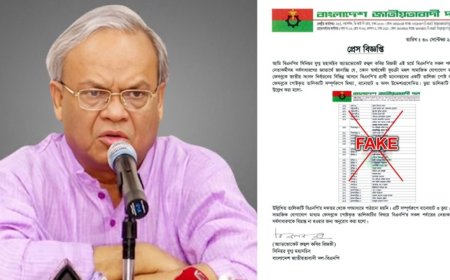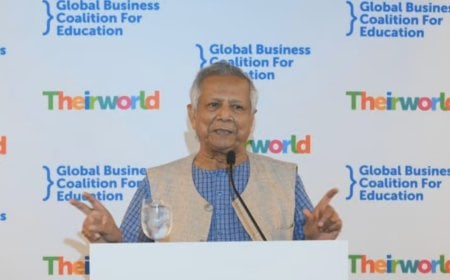Fraudulent Facebook Fronts Fuel Fake Finance Scams

A web of multi-platform financial fraud is expanding through flashy ads on Facebook and Instagram, luring unsuspecting users with promises of quick profits in the stock market. The ads redirect users to WhatsApp groups filled with staged praise and so-called “expert advice.” From there, victims are guided to register on fake websites or Android apps and, finally, instructed to transfer money through bKash or Nagad.
An investigation by online verification and media research platform DismissLab, conducted over the past month, has revealed the scale of the scheme. In September alone, hundreds of ads were identified across at least 15 Facebook pages, targeting people to join new WhatsApp groups. At least 20 such groups were identified, collectively drawing more than 3,000 members.
The groups operated under the guise of two legitimate brokerage houses: City Brokerage Limited (CBL) and BRAC EPL Securities. DismissLab researchers, posing as investors, joined multiple groups to track the process. In the case of CBL, victims were redirected to a fake Android app, while BRAC groups led to a counterfeit website. Funds were then transferred directly into personal accounts via banks and mobile financial services, bypassing official brokerage accounts and funneling money straight into scammers’ pockets.
Alarmingly, the fraudsters used the names and images of well-known figures to promote their schemes, including Dr. Muhammad Yunus, Chief Adviser of the interim government, and Dr. Zahid Hossain, former Lead Economist of the World Bank in Dhaka.
Officials of the brokerage firms told DismissLab they have formally reported the scam to the Bangladesh Securities and Exchange Commission (BSEC) and the Criminal Investigation Department (CID) of police. The BSEC has also issued a caution. However, at the time of reporting, most of the WhatsApp groups remained active, with new Facebook ads still appearing daily.
Similar scams have previously been reported in India, where social media, messaging platforms, and fake websites were used to entice people with promises of high returns in the stock market, ultimately defrauding ordinary investors of millions.










































































































































































































